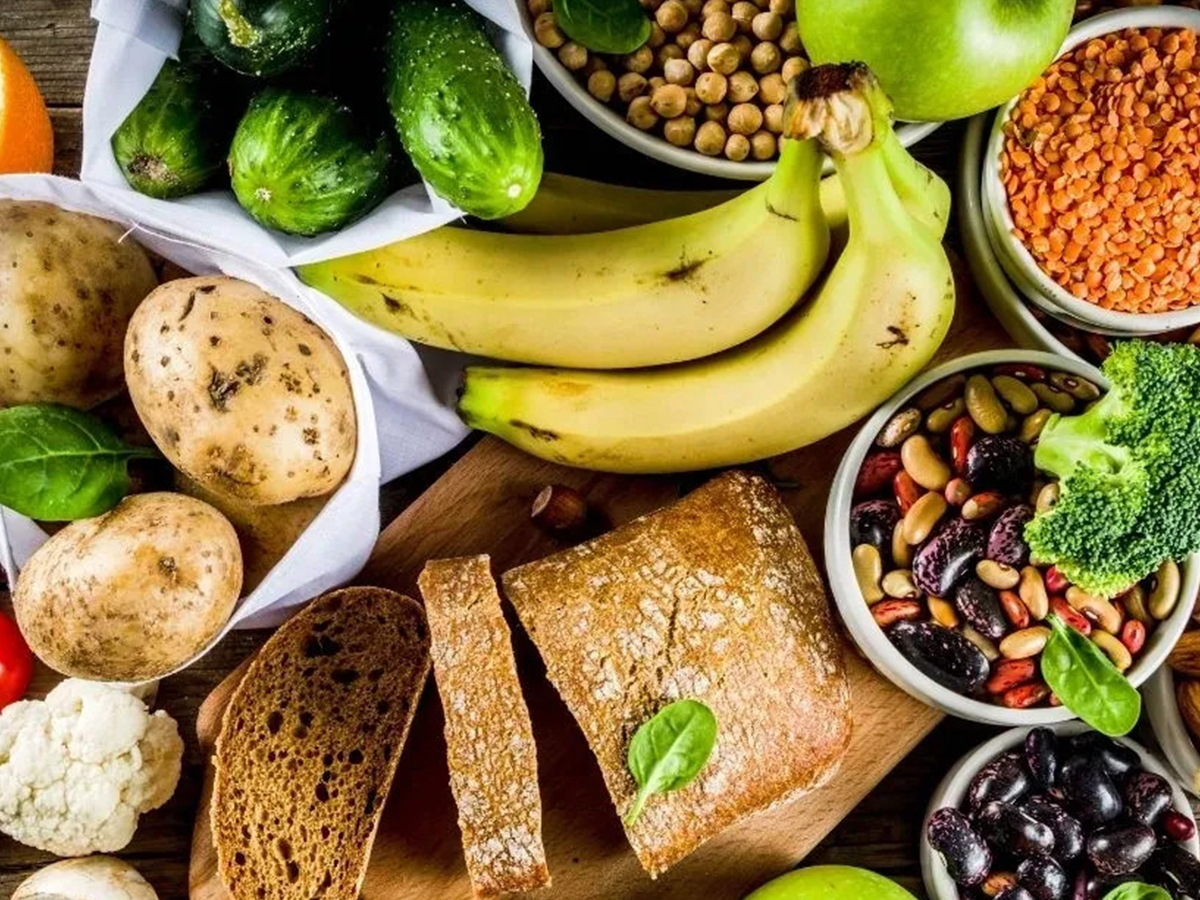Taking weight loss medicine in Canada can help people manage obesity and improve their health. These medications support weight loss by reducing appetite, improving blood sugar control, or changing how the body stores fat. But even with medical help, success depends on what and how you eat.
Many people make diet mistakes that reduce the effectiveness of their medication. These missteps are often small, but they add up. Avoiding them is key to getting the best results.
Why Diet Still Matters on Weight Loss Medicine
Weight loss medicine in Canada helps the body respond better to food, but it doesn’t replace healthy eating. Medications can only do so much if your food choices are working against them. Diet is still the foundation of any long-term success.
Even when appetite decreases, eating too little or choosing the wrong foods can stall progress. Some foods also interact with medication and make side effects worse. A good diet makes the most of your efforts.
10 Common Diet Traps to Avoid While on Weight Loss Medicine in Canada
Weight loss medicine in Canada can support your goals, but your diet still plays a major role in your success. Many people unknowingly make food choices that reduce the medicine’s effectiveness. Knowing what to avoid can help you stay on track and see better results.
- Skipping Meals to Speed Up Results
Many think that eating less means faster weight loss, but skipping meals can actually slow progress. When you go too long without food, your body lowers its metabolism to conserve energy. You might also feel tired or lightheaded later in the day. Hunger can build up, leading to overeating at night.
- Relying on Processed “Low-Calorie” Snacks
Pre-packaged snacks labelled “low-calorie” often include hidden sugars, sodium, and chemicals. These can spike blood sugar and increase cravings. Despite being low in calories, they offer little nutrition. You may end up feeling hungrier and less satisfied.
- Eating Too Few Calories Overall
Weight loss medicine in Canada may reduce your hunger, but it’s still important to eat enough. Eating too little can lead to muscle loss, low energy, and nutrient gaps. Your body might start holding on to fat instead of burning it. A balanced calorie intake keeps your metabolism steady.
- Overeating “Healthy” Foods
Some healthy foods like avocados, nuts, and dried fruit are calorie-dense. It’s easy to eat more than your body needs without realizing it. While these foods offer nutrients, portion control still matters. Weight loss can stall if you’re regularly eating more than you burn.
- Ignoring Protein Intake
Protein supports muscle strength, balances blood sugar, and keeps you full longer. But people on weight loss medicine often eat less without realizing their protein intake has dropped. Low protein can lead to fatigue and slower recovery after activity. Adding lean meats, tofu, eggs, or beans to each meal makes a difference.
- Drinking Liquid Calories
Juice, soda, flavoured lattes, and even smoothies may contain hundreds of hidden calories. These drinks don’t fill you up and are easy to overconsume. They also cause sugar spikes and dips, which affect energy and cravings. Choose water, tea, or black coffee instead.
- Not Tracking What You Eat
Appetite control from medication can make it easy to forget what you’ve eaten. But guessing portions or missing snacks can lead to stalls. Tracking keeps you accountable and helps you see if something needs adjusting. It’s a simple way to stay focused on your goal.
- Avoiding Fats Completely
Cutting all fats from your diet can do more harm than good. Healthy fats from olive oil, nuts, and fish are essential for hormone balance and vitamin absorption. Completely removing them can cause dry skin, mood changes, and nutrient deficiencies. You need a moderate amount of good fats to stay healthy.
- Eating Out Too Often
Restaurant meals often contain more fat, sugar, and salt than home-cooked food. Even salads can come with high-calorie dressings or fried toppings. When you eat out frequently, you lose control over ingredients and portion sizes. This makes it harder to align your diet with your medication plan.
- Not Drinking Enough Water
Some weight loss medicines in Canada can increase your need for hydration. Not drinking enough water can lead to constipation, headaches, and poor digestion. Water also helps regulate appetite and supports your kidneys. Aim for at least 8 cups per day, or more if you’re active.

Tips to Stay on Track With Your Diet and Medication
Staying consistent with your diet is just as important as taking your medication as prescribed. While weight loss medicine in Canada helps control appetite and support fat loss, your daily habits determine long-term results. These simple tips will help you stay focused and make the most of your treatment.
- Eat Balanced Meals Regularly
Skipping meals leads to energy crashes and makes you more likely to binge later. Balanced meals throughout the day help maintain a steady metabolism. They also provide consistent fuel for your body while taking medication. Choose meals that include protein, fibre, and healthy fats.
- Focus on Whole Foods
Whole foods like fruits, vegetables, whole grains, and lean proteins support better health outcomes. They are less processed and easier for your body to digest. These foods also keep you full longer and help avoid sugar spikes. Whole food choices make weight loss medicine more effective.
- Prioritize Protein at Every Meal
Eating enough protein helps prevent muscle loss and keeps hunger in check. It also improves recovery after exercise and maintains strength. Include protein sources like chicken, fish, tofu, or eggs in your daily routine. Aim for at least 20–30 grams per meal.
- Plan Meals Ahead of Time
Planning your meals helps you avoid last-minute unhealthy choices. It also ensures you’re getting the right balance of nutrients. When you know what you’re eating, you’re more likely to stay on track. Keep healthy snacks on hand to prevent impulse eating.
- Stay Hydrated Throughout the Day
Dehydration can be mistaken for hunger and may worsen medication side effects. Drinking water regularly supports digestion and energy levels. Carry a water bottle with you so you can sip throughout the day. Add lemon or cucumber if you want a bit of flavour.
- Keep a Food Journal or Tracking App
Tracking meals helps you become aware of hidden calories or habits that hold you back. You can spot trends, identify trouble foods, and make changes sooner. Some apps even allow you to track weight, mood, and energy levels. These small details help you adjust as needed.
When to Talk to a Doctor or Dietitian
If your weight loss slows down or you’re unsure about what to eat, speak with a healthcare provider. Weight loss medicine in Canada works best when your diet is tailored to your individual needs. A doctor can check if your medication is still the right fit. A registered dietitian can help build a sustainable food plan that supports long-term results.
If you’re managing diabetes, it’s especially important to monitor both your diet and your overall health. Along with adjusting your food plan, consider services like nursing foot care, which help prevent complications related to circulation and mobility. This type of care supports your weight loss by improving comfort and physical activity levels.
Achieve Better Results with HOW Clinics’ Support
Working with a healthcare team can make a big difference in how you respond to weight loss medicine in Canada. HOW Clinics offers personalized care to help you succeed with safe, supervised treatment plans. Their team of doctors and nutrition professionals will help you avoid diet traps, improve your food habits, and monitor your health throughout the process.
Don’t let small mistakes slow your progress. Call us at (519) 340 2744 to book a consultation with HOW Clinics today and take the next step toward reaching your goals—with personalized care and support that fits your needs.

